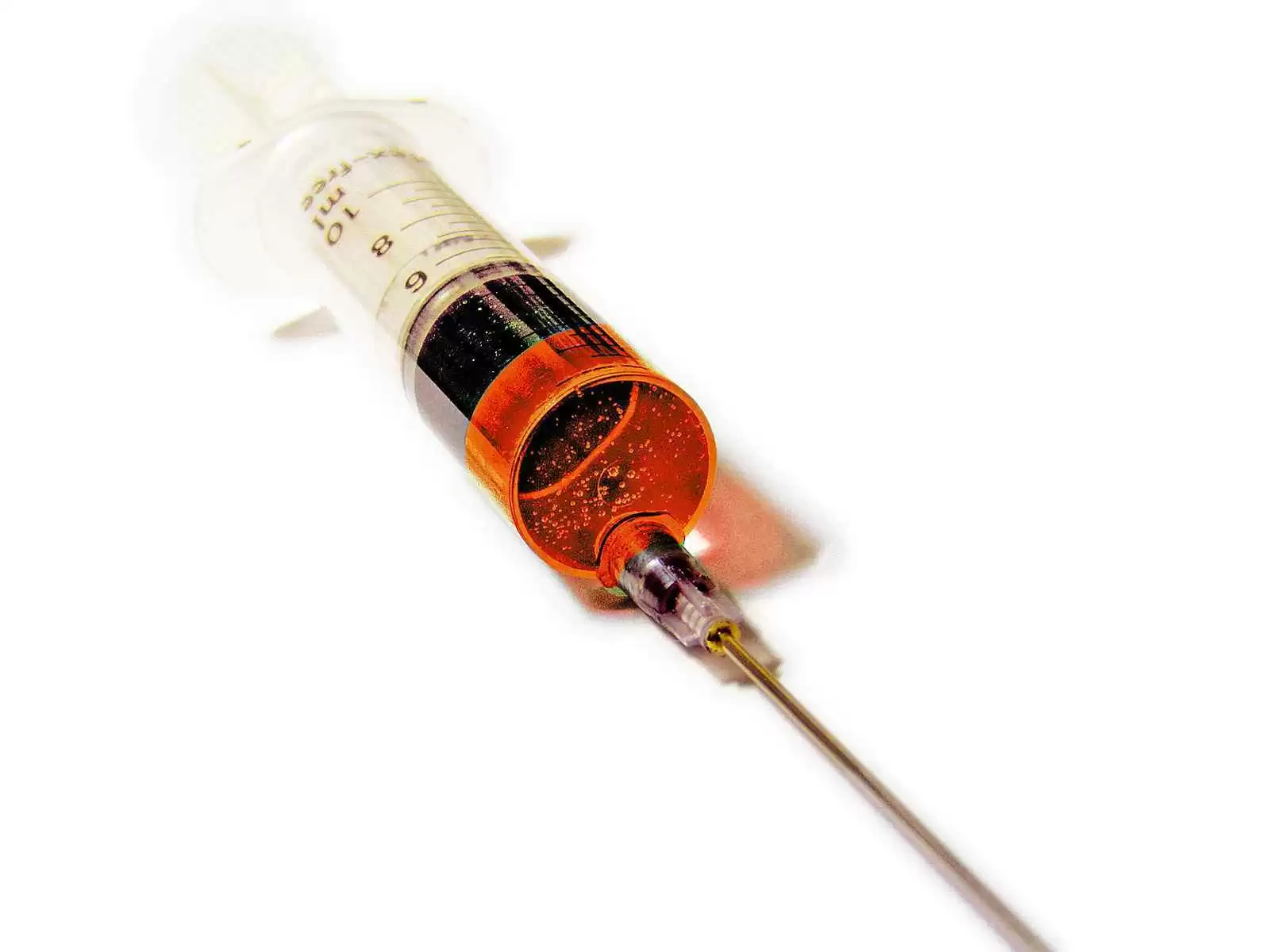Celiac.com 06/19/2024 - For adults with celiac disease, managing their condition often means adhering to a strict gluten-free diet. Research shows that is estimated that up to 50% of celiac disease patients have persistent symptoms while on the gluten-free diet. The most common reason for persistent symptoms is continuing to ingest gluten.
However, researchers are exploring new treatments that might help. One such promising development is a clinical trial assessing the safety and efficacy of TPM502.
Study Purpose
Celiac.com Sponsor (A12):
The primary goal of this clinical trial is to evaluate the safety and pharmacodynamic effects of TPM502 in adults with celiac disease. Specifically, the trial aims to determine:
Whether TPM502 is safe and well-tolerated
To reveal whether TPM502 can induce modifications in parameters that suggest it may help induce tolerance to gluten.
Study Design
This is a multi-center, double-blind, randomized, placebo-controlled Phase 2a study to evaluate the safety, tolerability, and PD effects of two infusions of TPM502 in adult patients diagnosed with celiac disease.
Participants in this study will undergo a one-day gluten challenge during both the screening phase and after the administration of TPM502 or a placebo. They will receive two infusions of TPM502 or a placebo, administered two weeks apart. This approach will help researchers assess the immediate effects of TPM502 on the body's response to gluten.
Patient participation in the study comprises 3 phases: screening period, treatment period and follow-up period. Patients fulfilling the eligibility criteria will be randomized to receive two infusions of TMP502 (or placebo) at the same dose level.
Patients will undergo a second GC one week after the second infusion of TPM502. The study includes 4 cohorts of patients, each cohort will receive escalating doses of TPM502 (or placebo). Upon completion of the 3rd cohort, a lower dose can be investigated, if deemed relevant.
Inclusion Criteria
To be eligible for the trial, participants must meet several criteria:
- A documented biopsy-confirmed diagnosis of celiac disease or significant markers like tissue transglutaminase levels above 10 times the upper limit of normal and positive IgA anti-endomysial antibody at the time of diagnosis.
- Normal levels of anti-tissue transglutaminase 2 antibodies at screening.
- Elevated serum IL-2 levels following the gluten challenge at screening
- Adherence to a gluten-free diet for at least six months.
- Well-controlled celiac disease with mild or no ongoing symptoms.
- HLA-DQ2.5 positivity.
Exclusion Criteria
Certain conditions will exclude potential participants from the study, including:
- Known or suspected refractory celiac disease.
- Severe symptoms following previous gluten challenges.
HLA DQ8 positivity
- Active gastrointestinal diseases like gastroesophageal reflux disease, esophagitis, peptic ulcer, microscopic colitis, or irritable bowel syndrome that might interfere with symptom assessment.
- History of or active inflammatory bowel diseases like Crohn’s disease or ulcerative colitis.
- Known wheat allergy.
- Hypersensitivity to intravenous iron preparations or other components of TPM502 or the placebo.
This trial represents a significant step forward in potentially expanding the treatment options available for individuals with celiac disease, offering hope for improved management of the condition beyond strict dietary restrictions.
Read more at trials.celiac.org










Recommended Comments
There are no comments to display.
Create an account or sign in to comment
You need to be a member in order to leave a comment
Create an account
Sign up for a new account in our community. It's easy!
Register a new accountSign in
Already have an account? Sign in here.
Sign In Now